#IWASTHERE
Milkesso is using craft to transform lives
By taking the unusual step of sharing in a woman’s trade, Milkesso is showing other Ethiopian potters that breaking down barriers is the way to success
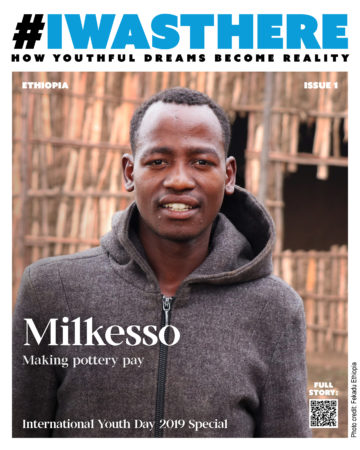
Traditionally, Ethiopian pottery is made by women – a home-based craft producing utility items that are sold and used locally. The craft isn’t much valued and potter communities are deemed of low rank and often live in extreme poverty. A young father is changing all that in one small community on the outskirts of Shashemene, southern Ethiopia.
Gender roles
That father is 24-year-old Milkesso Midhaso. He grew vegetables in his backyard garden, while his wife produced a range of clay products – the main income for his family – and they were struggling to make ends meet. Everything changed when Milkesso attended community conversations run by the EYW program. The conversations focused on issues such as gender, unpaid care work, and climate change, and Milkesso recognized, for the first time, how much of the family burden – household chores, childcare, and income generation – fell on his wife.
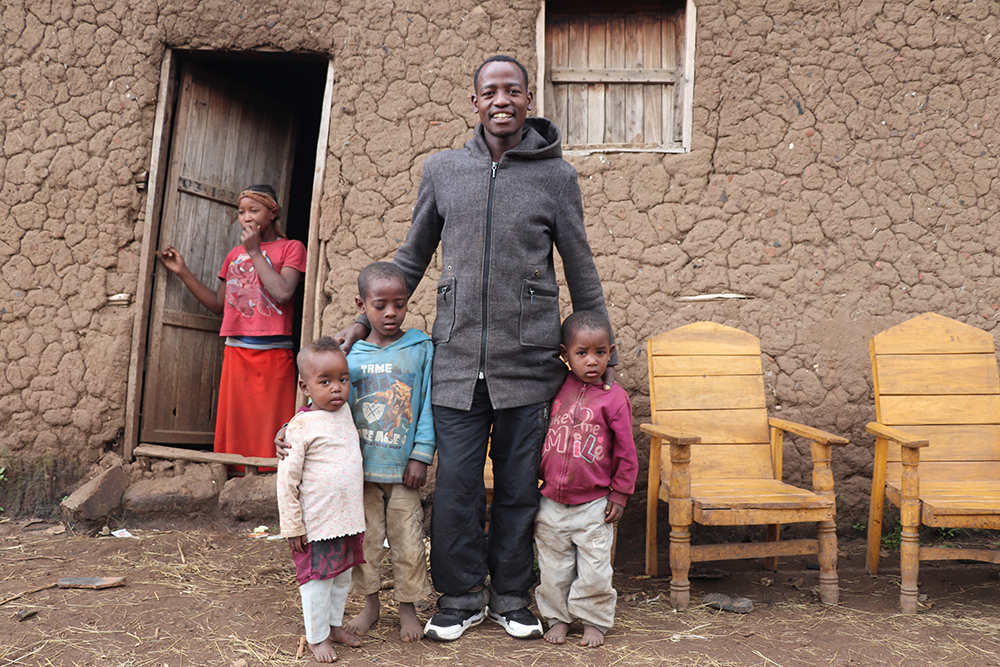
Going against tradition
So Milkesso started to help his wife with the household chores and pottery production – a huge shift in social convention. He now shares the arduous work of digging the clay, carrying clay and firewood, and forming and firing the vessels. But the pottery still wasn’t bringing in enough income: “In my neighbourhood, the price for the items we produce is very low,” he says. “There are fellow artisans that are not in a position to send their children to school.” Milkesso himself had to drop out of school in Grade 6.
Looking further afield
Milkesso attended the EYW program’s entrepreneurship training which gave him the information and skills he needed to transform the family’s lives. He took over the responsibility of selling his wife’s products and decided to transport them to markets farther away to get a better price. The policy worked; the family have increased the quantity and diversity of their pottery that is essential for traditional Ethiopian cuisine and coffee ceremonies.
“I usually transport our products to towns where the demand is high and there is no production. We also buy better-quality griddles to resell in the neighbourhood,” says Milkesso proudly.
The future’s bright
Milkesso now makes market trips two or three times a week, hiring a truck each time and employing two assistants to travel with him. The couple earn 2,000 Birr per week from pottery sales, shared with the group of potters who work with them. With the added income, the family have built a permanent home and a shack to store clay products. Milkesso also dreams of improving Ethiopian pottery by using more advanced technology. But Milkesso’s vision of a more prosperous future does not end with his family, he wants to work with fellow potters and, to that end, tried to form a cooperative.
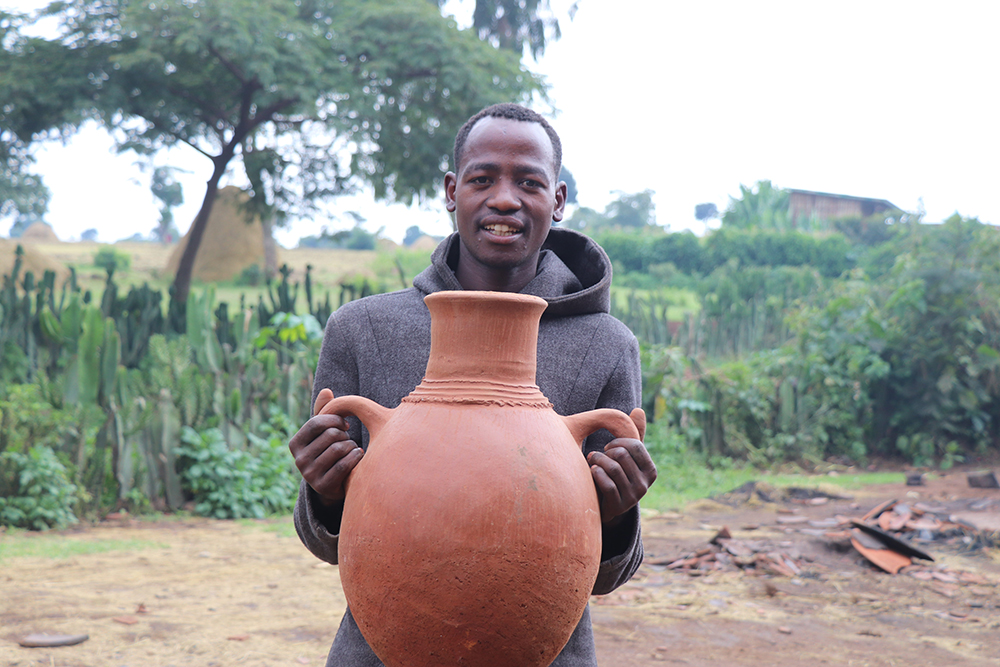
The way forward – together
Sadly, the cooperative idea didn’t work – this time. It attracted so much interest from fellow potters that it was unmanageable on top of his own family business, and they could not secure the finance they needed because bank loans for cooperatives are only available for unemployed youth – the potters were of all ages. Nevertheless, Milkesso has not abandoned his vision of changing the lives of potters. He continues to inspire others through his success and, as a result, local youths have asked him to help them form their own cooperatives. He hopes to buy a warehouse and a truck together with organized youth groups, which would benefit them all.
“These days, there are people who seem to be jealous due to the better income we earn from the pottery business,” giggles Milkesso. “Seeing my success, many people are now convinced it’s OK to assist women in domestic work and even pottery.”
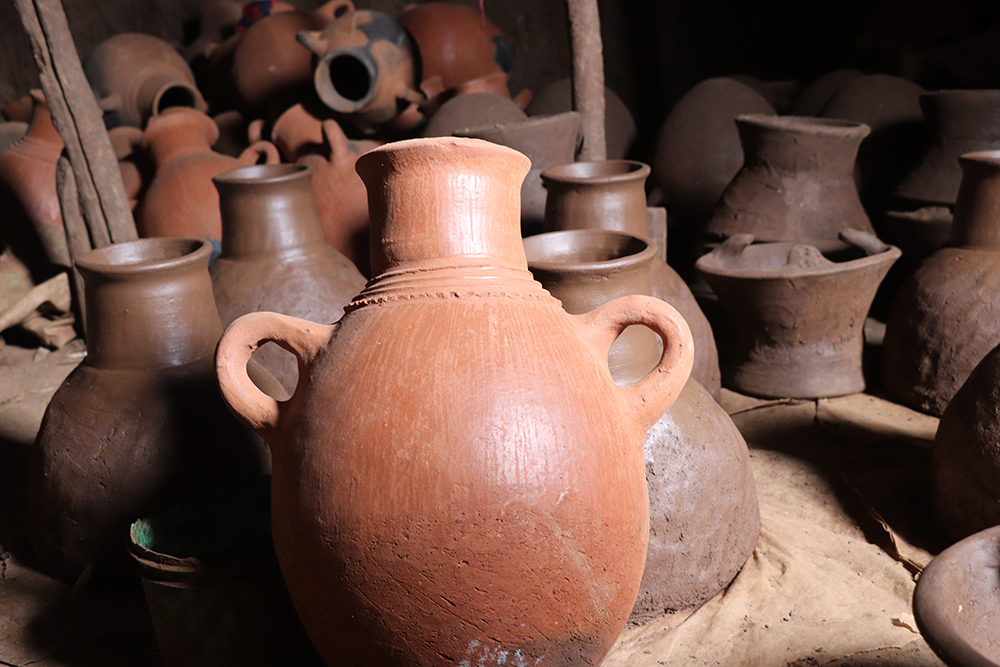
Milkesso‘s story is part of the multiyear campaign, kicked off on International Youth Day 2019 by the Empower Youth for Work program and the Work in Progress! alliance. The campaign aims to support the national influencing work of the respective programs by joining forces with local role models. The ripples of #Iwasthere are spreading out around the world and these stories are proof that change can happen anywhere – we hope they will inspire you, too, to become an active citizen.
Why these stories?
There are more young people today than ever before in the history of the world; 1.8 billion people between the ages of 10 and 24 worldwide, and 90% of them live in low-income countries. . Harnessing the energy and strength of young women and men to become active citizens is core to Oxfam's goal of transformational change.
With their energy, skills and creativity, young people have the potential to be the driving force for social change, strong economies and vibrant democracies.
Oxfam is working jointly with youth to challenge barriers that prevent them from
Enjoying their rights
Participating fully in society
Being an effective voice in decision-making processes
How youthful dreams become reality.
These stories are proof that change can happen anywhere -
to inspire you to become an active citizen.
- Bangladesh
- Ethiopia
- Indonesia
- Italy
- Nigeria
- Pakistan
- Peru
- Somalia
- The Netherlands
-
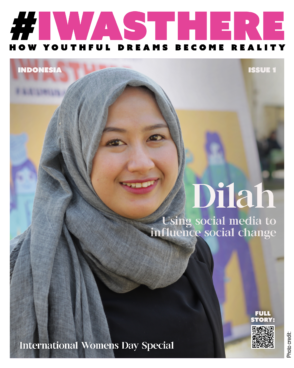
Dilah
“Development is more than just economy or infrastructure, it’s all about humans.”
-

Pakeeza
“As activists, we have to be patient. Without patience we can’t do anything, we just struggle.”
-
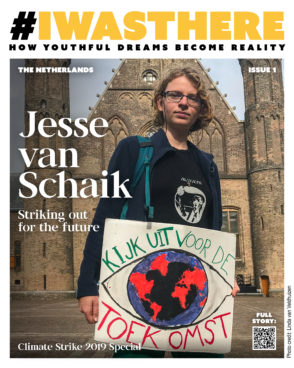
Jesse van Schaik
“I hope other people think ‘if she can do it, then I can do it, and then it won’t be that hard.’”
-

Chioma Ukonu
“Youths must work every day to be the change they want to see.”
-
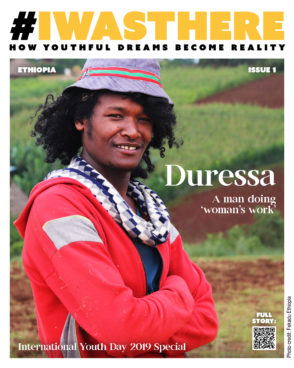
Duressa
“The only thing that I cannot do, is child bearing and breast feeding. This is not naturally gifted to men!”
-

Daphne Rozenburg
“My goal was to capture the essence of the vital advocacy work that goes on within powerful institutions. But in a light and approachable way.”
-
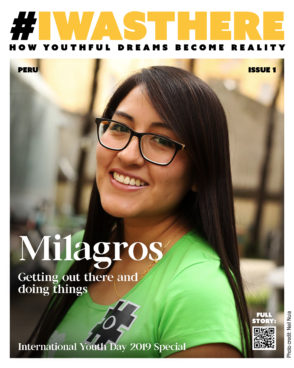
Milagros
“We are young, we are prepared. We have many things to do.”
-

Muzamil Ali
“The biggest challenge wasn’t informing them about modern farming techniques but persuading them to abandon outdated methods”
-

Nasrin
“Work is never defined for men and women, it is us who creates this differentiation. There are lots of people in rural areas who are not getting enough medical support, I want to do something more for their advancement by engaging the youth of our community.”
-
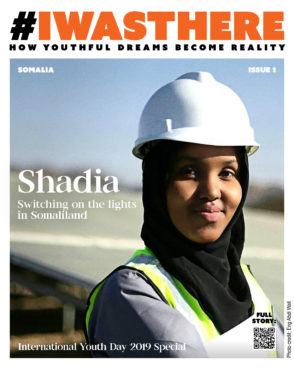
Shadia
“Fear is not part of my life. I conquer the fear itself.”
-

Opeyemi Agbaje
“I did not have any computer knowledge prior to this time; I only used computers for watching movies!”
-

Hibaaq Larry
“We should create an environment where people can support one another and raise local funds together to buy clothes and food for poor children and mothers.”
-

Mr. Ajebo
“Work ethics and character are equally important as you cannot earn a living out of talent alone.”
-
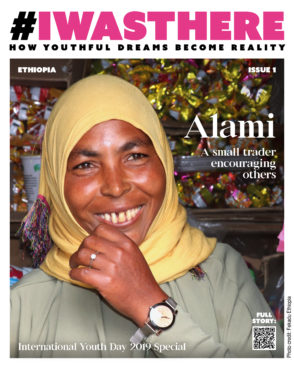
Alami
“I believe young women have the capacity to change their lives if they are provided with a safe environment and support from their family, community, and government.”
-

Alisha Khan
“Once we overcame our initial hurdles, we felt confident about managing more events, and soon established a good reputation in the city.”
-
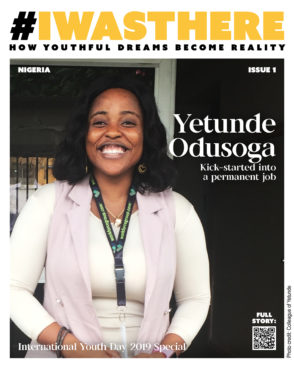
Yetunde Odusoga
“Even if a person supports you and teaches you how to do a thing, without passion on your part, it’s a ‘NO’!”
-
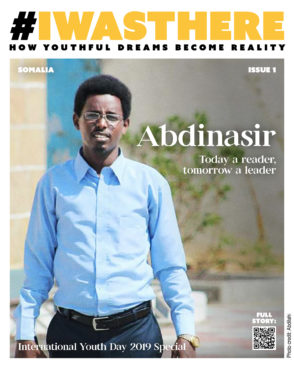
Abdinasir
“Without a book on my lap every day, I don’t know where I would have reached today. One day I will realize my dream of bringing all Sahil people into the library.”
-
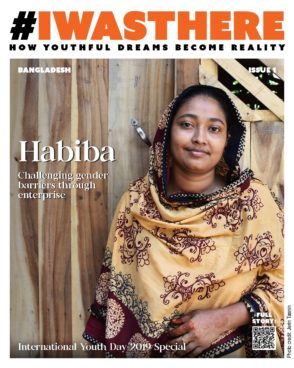
Habiba
Habiba believes that other women and girls will be inspired by seeing her at work.
-
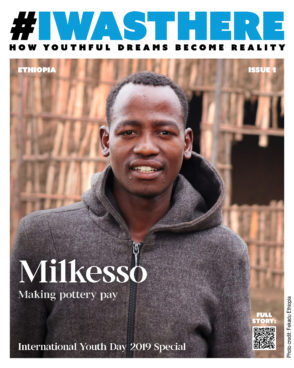
Milkesso
“Seeing my success, many people are now convinced it’s OK to assist women.”
-
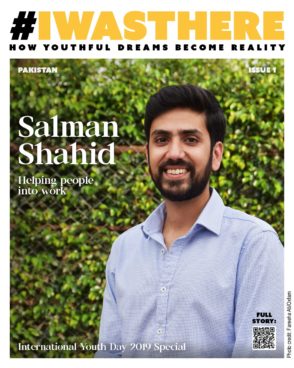
Salman Shahid
“We aim, one day, to scale up our start-up to a national level”
-
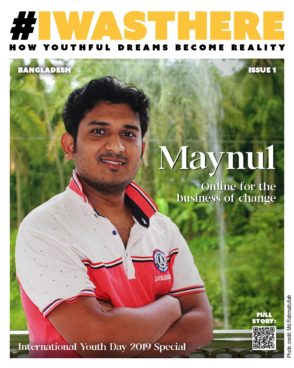
Maynul
He started working from home to save money, providing computer support to the community, especially women.
-

Mehvish Arifeen
“The beauty parlour industry is exploitative, and because women workers lack awareness about their rights, they pose little to no resistance to unfair work policies.”
-
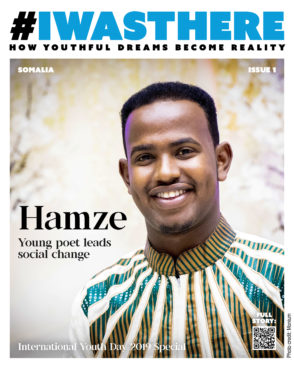
Hamze
“Poetry is art and expression, and has been in my blood since my childhood. If you want people to develop their country, young people are the starting point – they have the drive and stamina to pioneer changes”
-
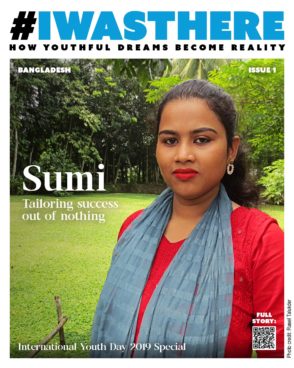
Sumi
To ensure the continued success of her business, she keeps up with the latest fashion trends online, adjusting them for the cultural and religious tastes of her clients.